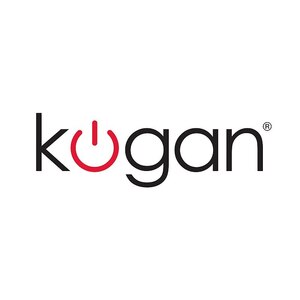Saw this on pricehipster
$85 at umart and $89 at mwave
Tech Specs: Performance
Sequential Read (up to)
1350 MB/s
Sequential Write (up to)
290 MB/s
Random Read (8GB Span) (up to)
240000 IOPS
Random Read (100% Span)
240000
Random Write (8GB Span) (up to)
65000 IOPS
Random Write (100% Span)
65000
Latency - Read
7 µs
Latency - Write
18 µs
Power - Active
3.5 Watts
Power - Idle
1 Watt



Wow a revival of a old tech. I remember having this awhile back (7yrs) on my Samsung laptop, where a 32gb ssd mini sata or m2 (forgot which interface) was in the laptop acting as a cache to speed up regular HDDs.